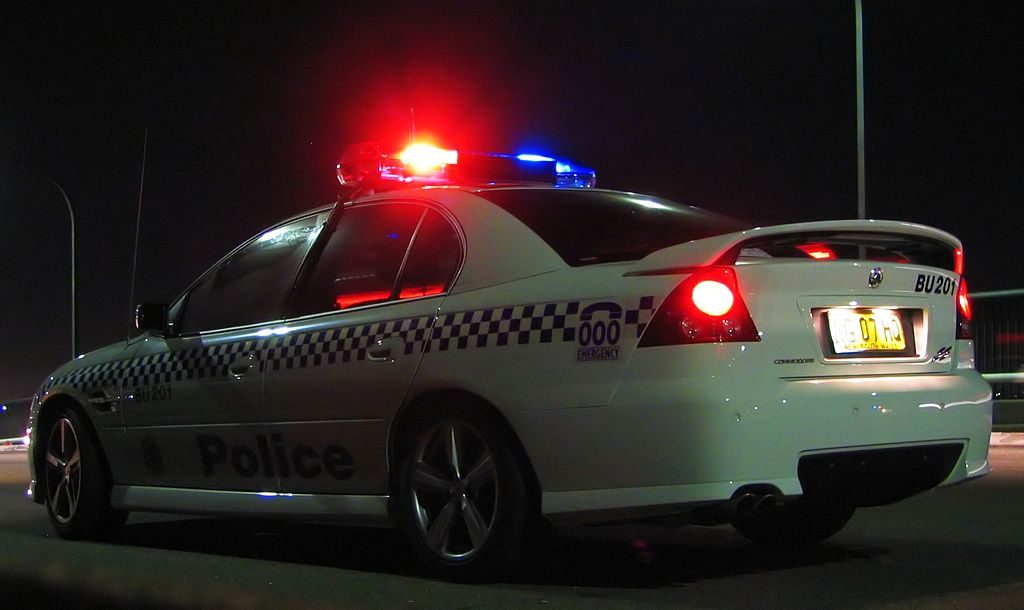
Literally, hundreds if not thousands of people are charged with motoring offences every day when driving their vehicles, so it is inevitable that some will be falsely accused. Contrary to common public perception, many of those people from suspected drink drivers to those accused of speeding are in fact not guilty. If you’ve been charged and want to defend your case, here are the essential steps to take.
Seek legal representation
This first stage is absolutely critical, and the decision you make about who represents you in court could be the deciding factor between a serious conviction and a clean record against your name. First of all, you should make sure you only consider motoring law specialists, as they’ll be the ones who understand the finer details of the procedure and evidence and who are best placed to put forward your defence.
Secondly, you should look for case studies similar to your own on their websites, so you can see for yourself the kind of success rate they have.
Understand your rights
Before visiting your lawyer, it can be useful to have a basic understanding of your rights before the initial consultation. It’s important to know for example that most successful defences to motoring charges rest on points of law or technicalities with procedure.
You should always write down your version of events in as much detail as possible as soon as the incident has happened; try to remember the names of the police involved if you were stopped, and what you were asked to do, such as the breathalyser instructions. The Human Rights Act guarantees a “right to a fair trial”, so if you think there is a fault somewhere, you will get the right to appeal a decision – you can learn more on this here.
Identify any faults
It could be during a discussion with your solicitor that you feel there has been a fault in procedure. Some of the most common errors for motoring offences are as follows:
-
Faulty equipment is a common complaint of people charged with drink driving, as it’s possible for breathalyser machines to produce erroneous readings as with any other piece of equipment
-
A fault with procedure can occur when police officers give you inaccurate instructions for completing a breathalyser test, as three different machines are used
-
Human error and gaps in the evidence may occur, particularly where a suspect has been admitted to hospital following the alleged offence
Have you ever been wrongly charged with a motoring offence? Tell us your story in the comments below…